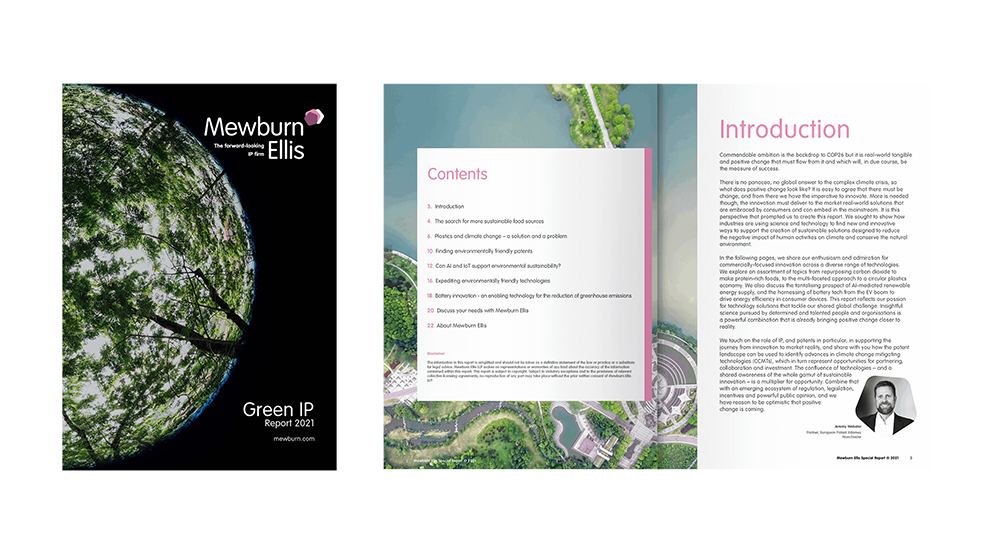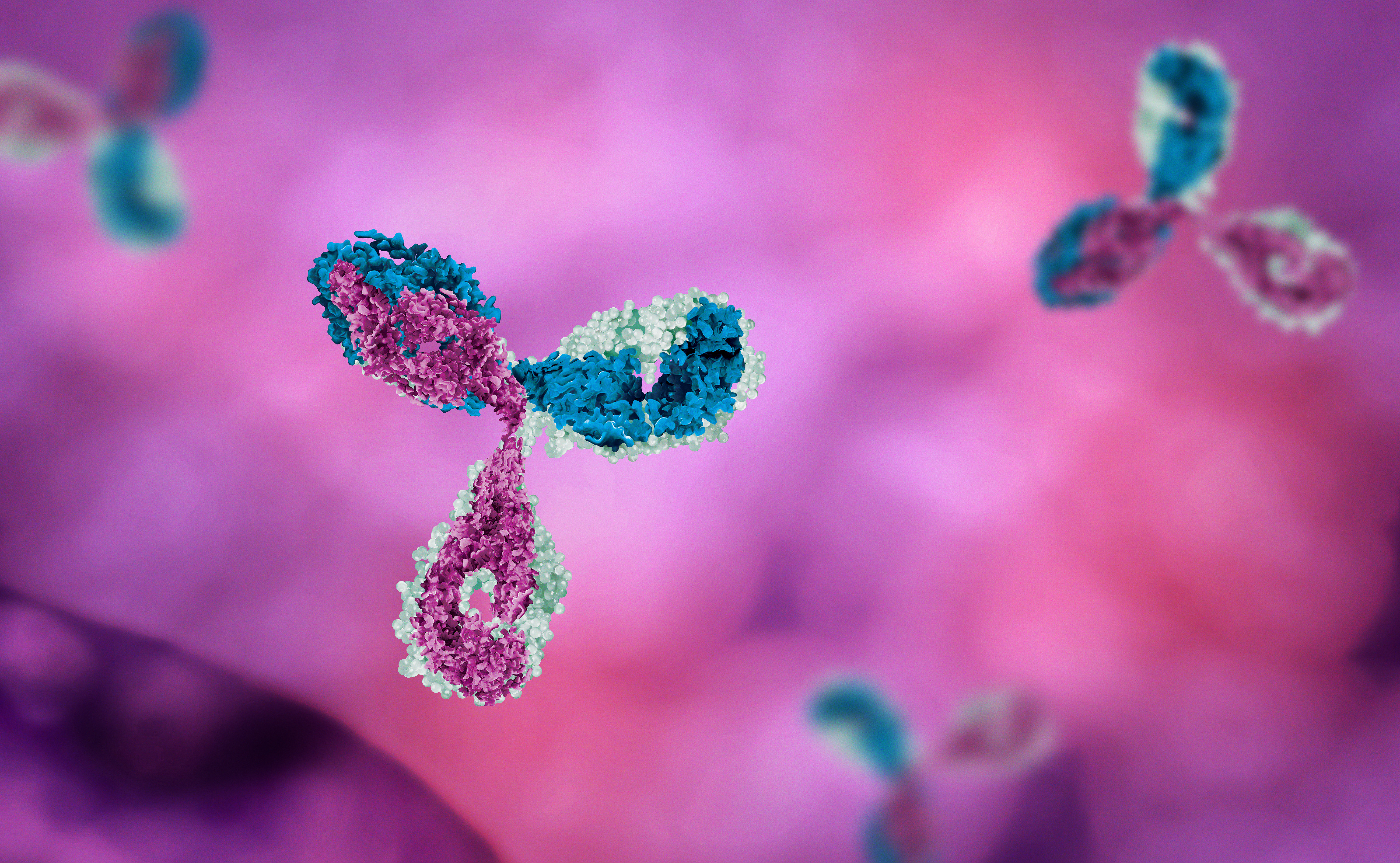Enzymes are widely used as biocatalysts in the production or processing of a wide range of products including food, beverages, animal feeds, detergents, pharmaceuticals and textile products. Naturally occurring enzymes are often unstable or perform sub-optimally when moved from the biological to the industrial sphere.
Therefore, since the advent of protein engineering there have been efforts to improve these enzyme properties, and even to devise enzymes with novel specificities capable of producing types or quantities of metabolites not normally achievable in natural products. Such improvements or changes can often be challenging: enzyme activity depends on specific and highly complex structures, sometimes formed from multiple protein components, and requiring associated factors or metal ions to operate. Frequently, enhancing one desirable property comes at the cost of impairing another.
Mewburn Ellis has a long history of working with our clients in this fast-moving and competitive field. For example, we’ve been involved in protecting the ground-breaking innovations on the serine protease subtilisin (used for example in detergents and in food processing) since 1980s, and in multiple other enzymes in different fields such as brewing, biofuels and biopolymers. The Mewburn team has regularly and successfully defended patents covering our clients’ enzyme technologies at the EPO and assisted them in enforcing those patents before national courts. Engineered enzymes are typically produced in host species such as bacteria, yeasts and filamentous fungi and we also have many years’ experience in dealing with the fermentation technologies used for growing these microorganisms, and recovering the enzymes from them, whether at laboratory or industrial scale.
As more and more powerful computation tools are developed for determining and modelling protein structures, so protein engineers are increasingly able to analyse the structure-function characteristics for rationale design of novel enzymes, which can then be tested in large scale functional screening processes. Once again, our specialised team here is able to assist at our clients with obtaining protection for their intellectual property in the latest bioinformatics innovations in the enzyme space.























